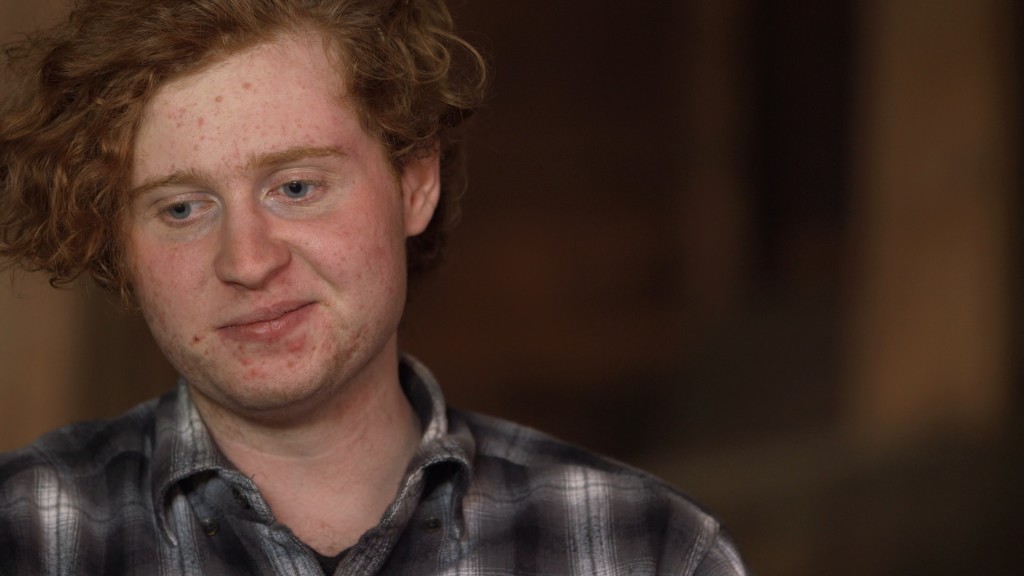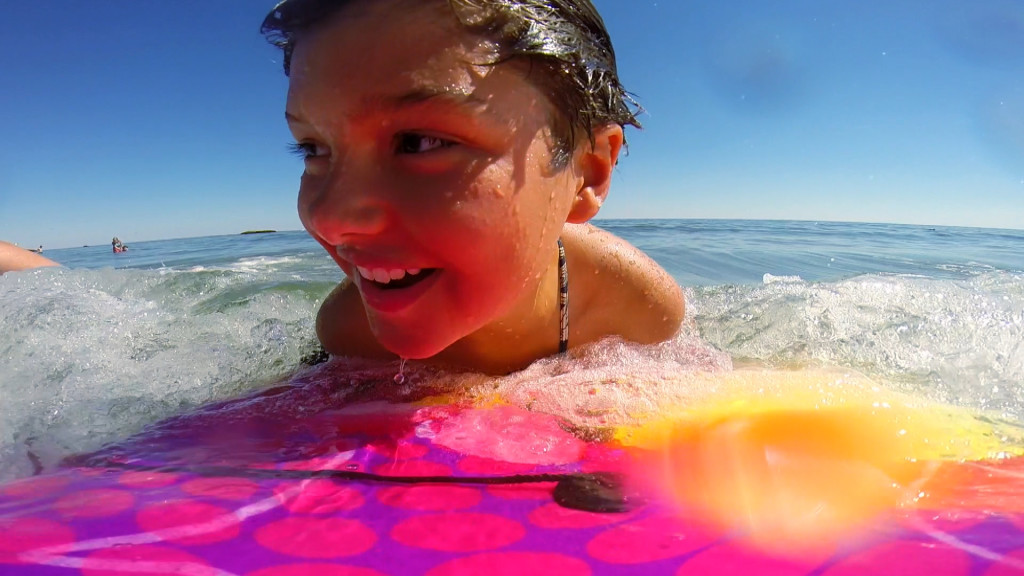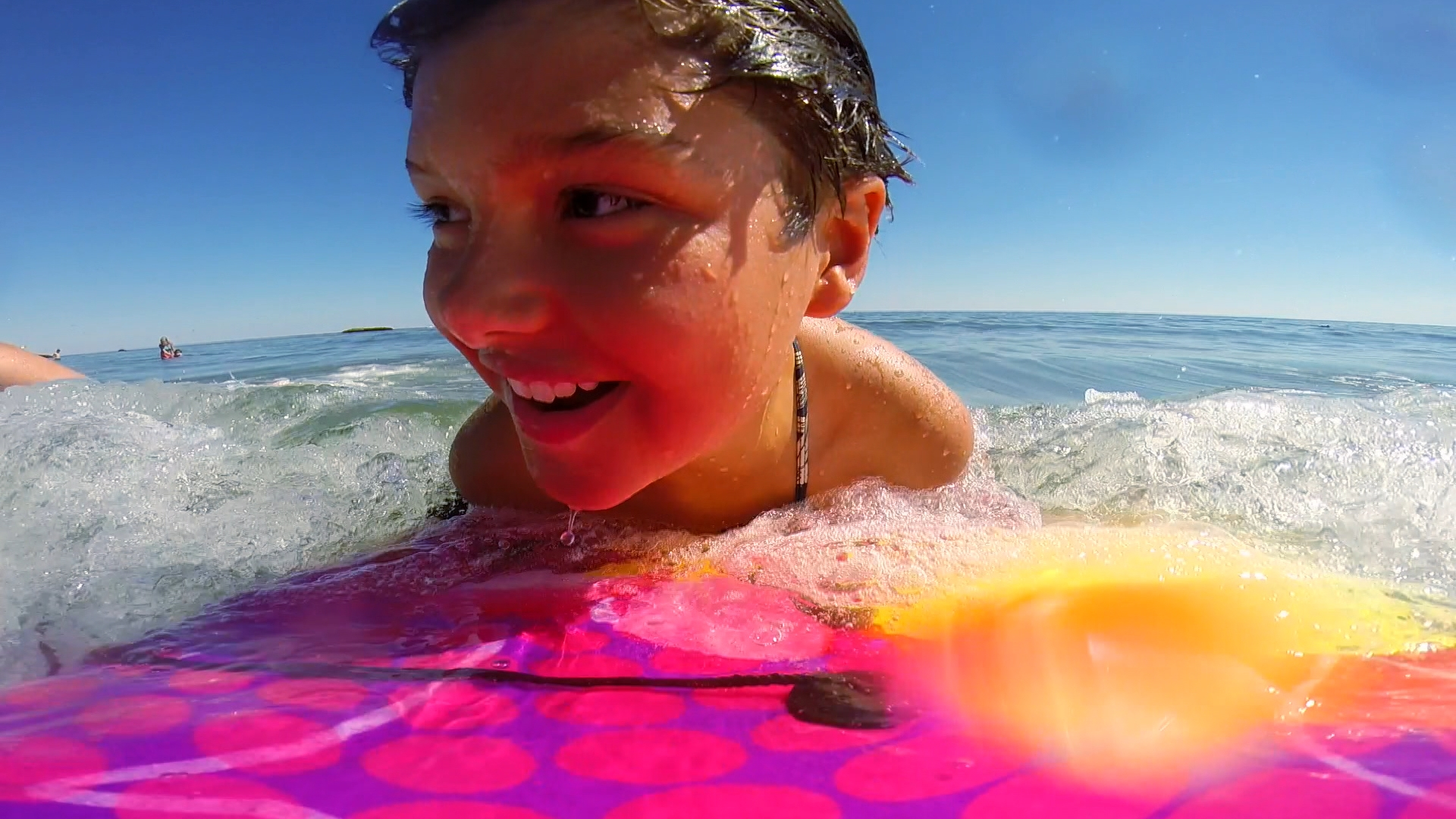What’s It Like to Start Taking Testosterone at Age 15?

June 30, 2015
Share
There are things Isaac loves about being on testosterone.
It’s “a super fun drug in some ways,” says Isaac, who is now 20 years old.
Isaac was among the first wave of kids in the U.S. to medically transition from one gender to another. In middle school, he cut his hair and started dressing in boys’ clothes. By 15, he was taking testosterone.
“Without doing anything, you just grow like more muscle. It gives you this sort of deep booming voice, and all this extra hair you can play with,” he tells FRONTLINE. “It is really exciting because it’s this form that I wanted, and now I have it and I can play with it.”
But there are downsides, too — and Isaac discusses them candidly in Isaac’s Story, the third in a series of Facebook first mini-documentaries released ahead of the new FRONTLINE film, Growing Up Trans.
data-allowfullscreen=”true” data-width=”500″For Isaac, one unexpected complication — not being able to cry.
“If I feel something now that at one point would make me very sad, it almost like translates into anger,” explains Isaac. “And maybe some of that is because it’s really frustrating not to be able to cry, but, it’s very, very, very clear the emotional effect that testosterone has.”
Cross-sex hormones — like estrogen and testosterone — used to be given only to adults. But treatment guidelines, established in 2009, now include children – though they do not recommend starting before age 16. Unlike puberty blockers, which are reversible, many of the physical effects of cross-sex hormones are permanent.
“It is super easy as a kid to hear, ‘These things are irreversible,’ and be like, ‘OK, I don’t care, I want it.’ Because … you don’t think of time in the same way when you’ve only experienced a tiny little sliver of it,” explains Isaac.
As FRONTLINE explores in Growing Up Trans, this new generation of transgender kids have medical options not possible even a decade ago. But, as Isaac explains, these new possibilities don’t always answer some of the larger questions about gender and identity.
“I think it’s become really clear in recent years that any sort of big problems that I thought I would fix by transitioning weren’t really fixed,” Isaac tells FRONTLINE. “None of this is to say that I made any sort of wrong decision or regret transitioning.” But he adds, “ultimately it’s kind of hard to speak about how I feel my gender without there being some element of regret or at least of fear I think a little bit of what the implications of my choices are.”
For Isaac’s full story — and an in-depth look at the often-controversial treatments now available to transgender and gender non-conforming children — watch Growing Up Trans in-full and for free anytime here on the FRONTLINE website.

Related Documentaries
Latest Documentaries
Related Stories
Related Stories
Explore
Policies
Teacher Center
Funding for FRONTLINE is provided through the support of PBS viewers and by the Corporation for Public Broadcasting, with major support from Ford Foundation. Additional funding is provided the Abrams Foundation, Park Foundation, John D. and Catherine T. MacArthur Foundation, Heising-Simons Foundation, and the FRONTLINE Trust, with major support from Jon and Jo Ann Hagler on behalf of the Jon L. Hagler Foundation, and additional support from Koo and Patricia Yuen. FRONTLINE is a registered trademark of WGBH Educational Foundation. Web Site Copyright ©1995-2025 WGBH Educational Foundation. PBS is a 501(c)(3) not-for-profit organization.





















